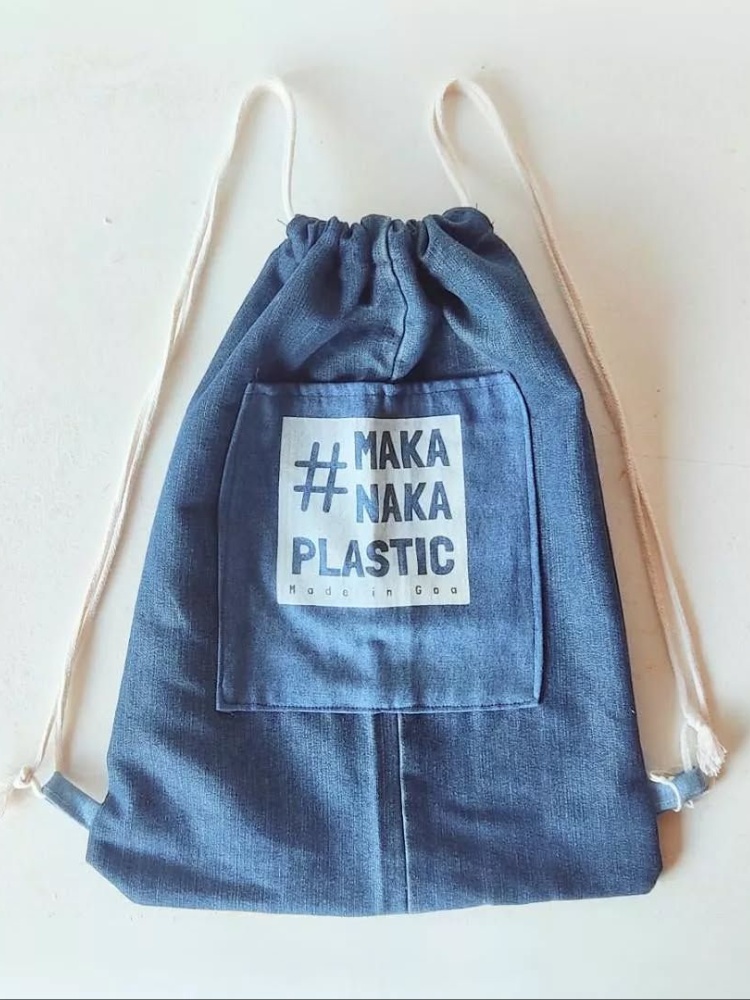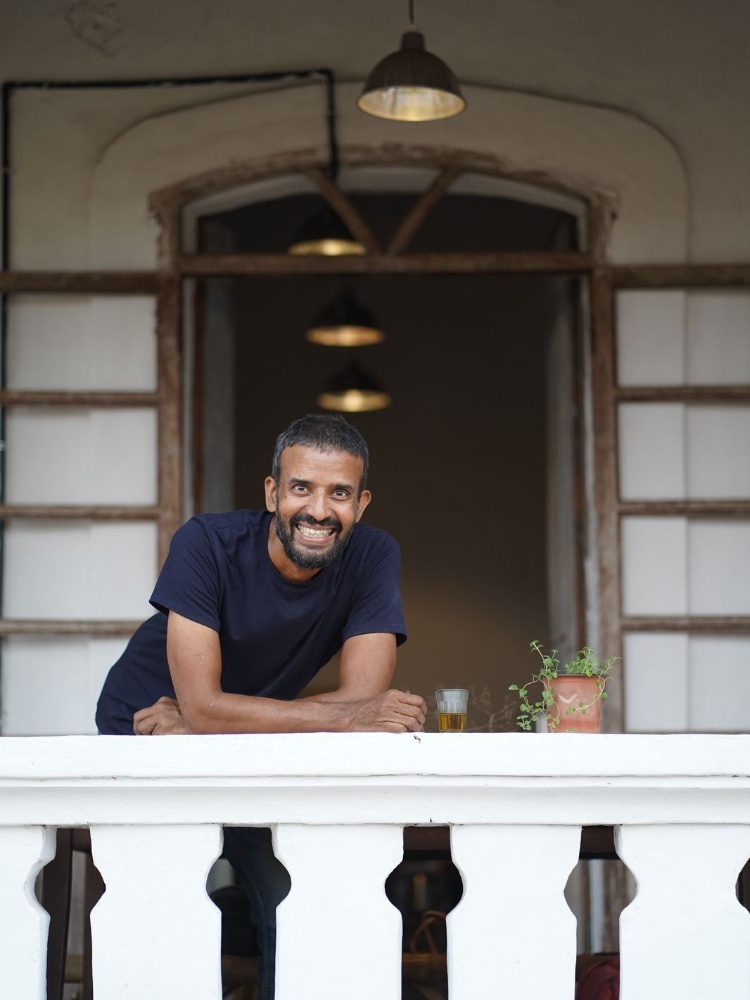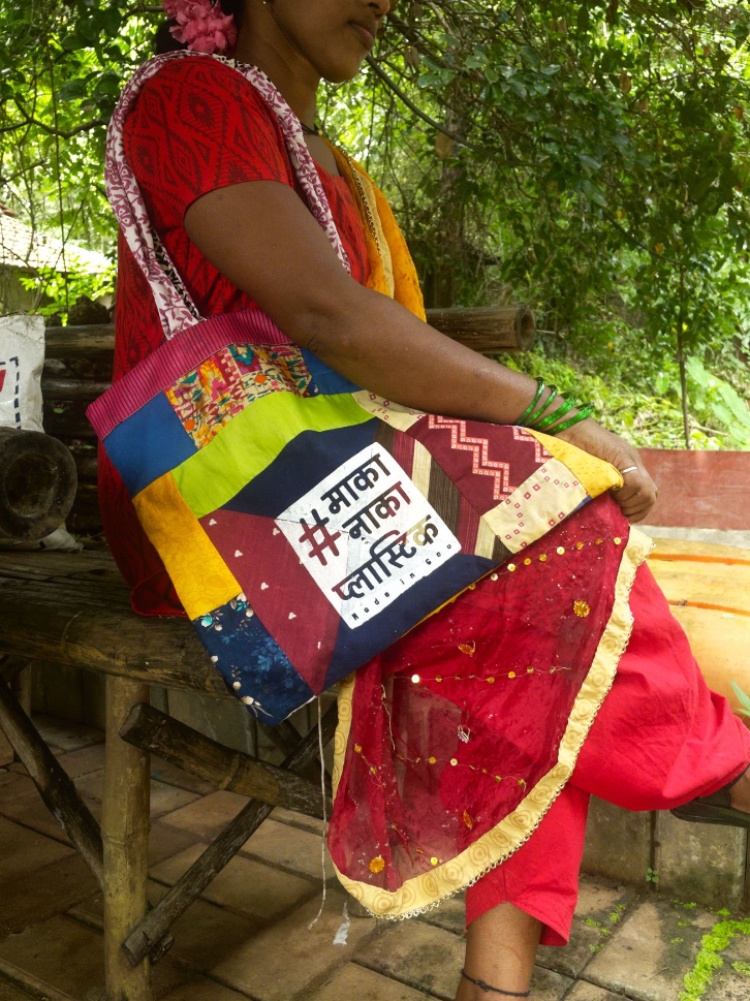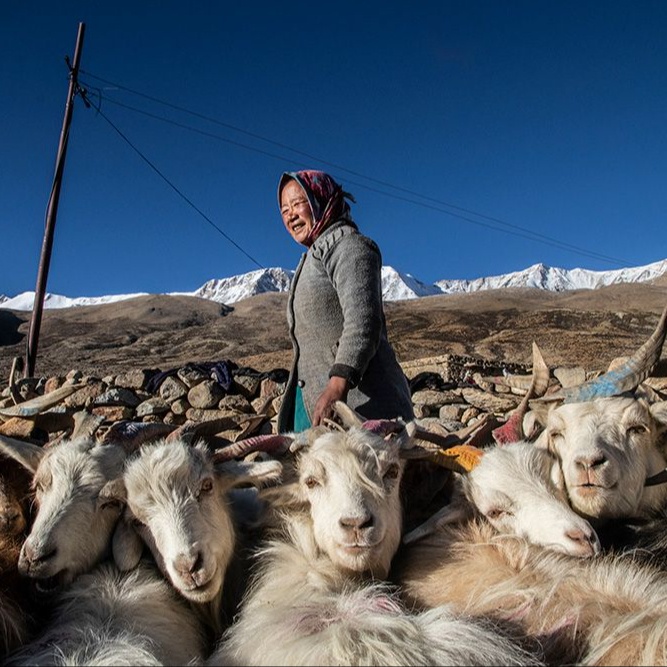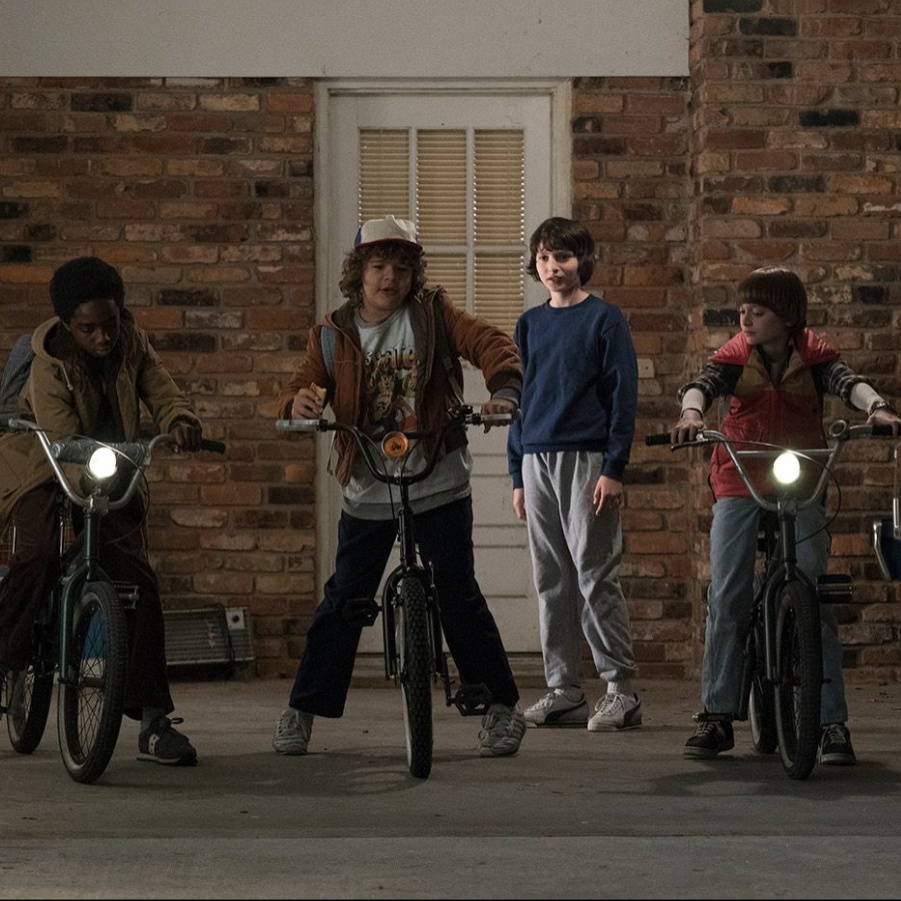It started with a bag and a mild public outburst in Goa. Sanjiv Khandelwal, the founder of non-profit Sensible Earth, was helping a friend carry vegetables from a vendor to their car. As a sustainability advocate, he gently offered to ditch the plastic and help transfer the produce himself. The response? “None of your business,” his friend snapped. That moment stuck. “We realised we couldn’t just keep preaching,” says Khandelwal. “We needed a real, tangible solution.”
And so began Maka Naka Plastic—Konkani for “I don’t want plastic”—a community-driven initiative that upcycles old clothes into reusable cloth bags. The original goal? Upcycle 10,000 cloth bags and call it a day. But the response was so overwhelming, they never stopped. Three years in, Maka Naka Plastic has saved over 50,000 garments from landfills and created thousands of bags that are now spotted everywhere from college campuses to kombucha deliveries.
In today’s world, where Instagram hauls and GRWM videos dominate our feeds, it’s easy to believe that we need a new outfit every other week. But the real cost of looking cute isn’t just on your credit card—it’s on the planet. Fashion, especially the fast-moving, trend-chasing kind, has become one of the biggest polluters. Textiles are now the third-largest contributor to landfills, and most modern fabrics are blended with synthetic materials like polyester. In fact, around 65 per cent of today’s clothing contains plastic. So, every time we toss out last month’s “look”, we’re adding to a problem that takes centuries to break down. According to UNEP, every day, the world dumps about 2,000 garbage trucks full of plastic in our oceans, rivers, and lakes.
Layer that with convenience culture—everything delivered, everything disposable—and you’ve got a consumption loop that’s hard to snap out of. But snapping out of it is exactly what Maka Naka Plastic aims to help us do, by making reusable bags not just accessible but also downright cool.
The beauty of Maka Naka Plastic lies in its simplicity. The concept isn’t new. Indian households have always had a habit of upcycling. Old saris become cushion covers, dad’s shirts get turned into kitchen towels, and every mother seems to have that one drawer filled with cloth bags made from “good cloth”. Khandelwal’s late mother found the project charmingly redundant. “She laughed and said, ‘We’ve been doing this forever. What’s new about it?’” he recalls fondly. The twist, of course, is that this time it’s being done on a large scale. Not just by grandmas in their kitchens but by an organised team creating a ripple effect across the state.
